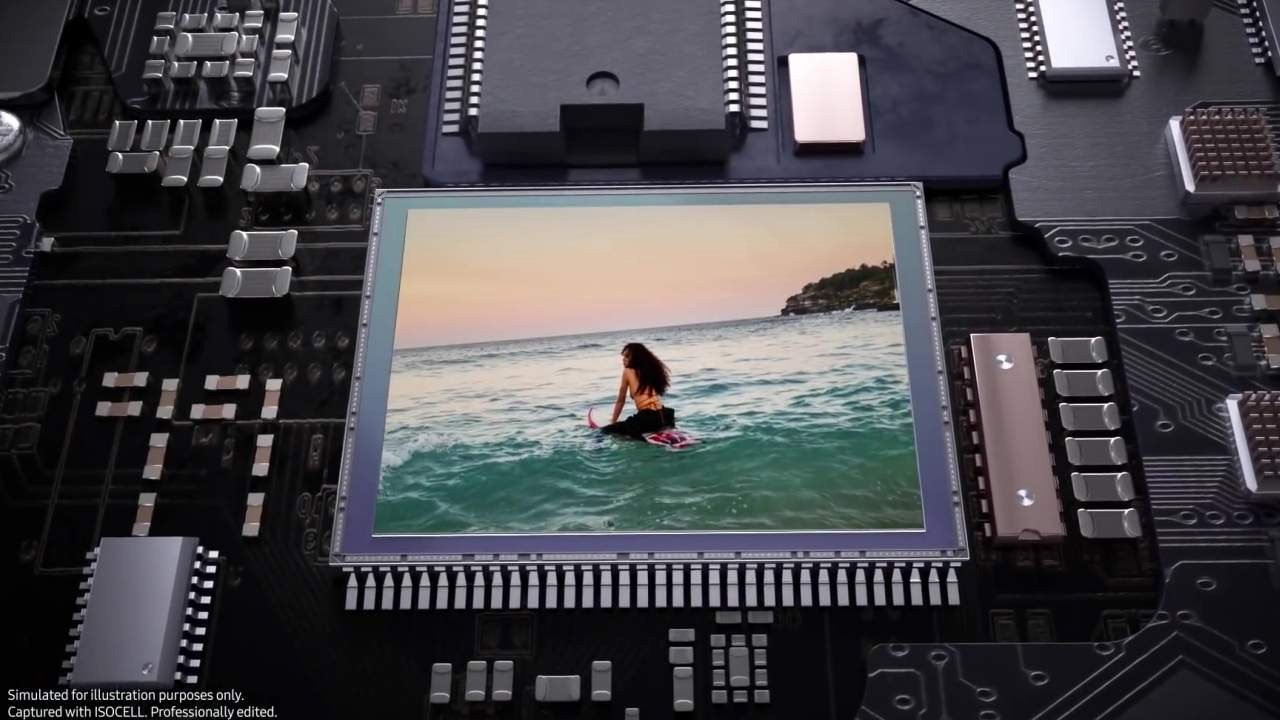Samsung is renowned for its imaging technology and the 50MP GN1 image sensor released last year is the perfect example of technological leaps the South Korean electronics giant is making in improving the overall resulting photo shot from smartphones. Now Samsung has announced the ISOCELL GN2 image sensor that has a large 1.4 μm pixel size and boasts other add-ons such as Dual Pixel Pro, Smart ISO Pro as well as staggered HDR imaging.

This is the first-ever smartphone camera technology by Samsung that features the Dual Pixel Pro. It employs one hundred million phase detection of the photodiodes to achieve ultra-fast autofocus speeds, with all-directional focusing that splits the pixels vertically and horizontally.
Comparing the Dual Pixel to the PDAF (Phase Detection Autofocus) tech – it is way ahead since there is no loss of quality when autofocus mode is in work. All the pixels are taken into account for RGB and phase-detection light – thereby having minimal loss of data and way ahead of PDAF.
In a way, Dual Pixel Pro functions like the human eyes to obtain the light from the pair of them to create a single, clearer image with the ability to focus moving objects with better accuracy. Plus the support for staggered HDR having expanded range results in better details and low power consumption (a reduction of around 24 percent) compared to the normal HDR mode.
The 1/1.12-inch ISOCELL GN2 sensor makes it possible to create large 2.8-micron pixel using pixel binning technology, combining four pixels into one. This comes handy in low-light photography, and the 100MP mode employs the re-mosaic algorithm to recreate three separate layers of 50MP frames in green, red, and blue.
Not only these impressive features, but the sensor also brings Smart ISO Pro to the fore that uses intra-scene dual conversion gain (iDCG) which is able to create high dynamic range images “with less motion-artifacts.” For videos, the GN2 sensor is can record 1080p videos at 480fps and 4K videos at 120fps.
